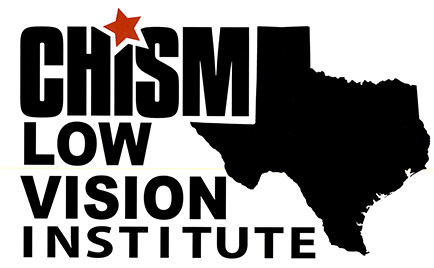People who have vision loss commonly experience depression, anxiety, and confusion. The consequences of vision loss however, often extend beyond the person who has low vision. The family members, friends, and caregivers of people experiencing vision loss also are affected.
When a loved one becomes visually impaired, you are likely to feel overwhelmed. You also may experience a range of feelings, from sadness to guilt, and there are many day-to-day adjustments to make. You may find yourself putting aside your feelings and needs to focus on helping your loved one cope. Yet, in many cases, you may feel alone and at a loss about what to do or how to help.
You and your loved one are not alone. You may have been told “nothing more can be done,” but that simply is not true. Something can always be done.
Many people with low vision already have an eye doctor who is treating them for an eye disease such as macular degeneration, glaucoma or retinitis pigmentosa or other genetic diseases. However, if your eye doctor doesn't specialize in low vision, he or she may have only a limited knowledge of the many choices that exist in low vision aids and treatment options.
The International Academy of Low Vision Specialists consists of intensively trained Low Vision Optometrists that have extensive experience in providing customized low vision devices and low vision prescription glasses enabling patients to achieve maximum functional vision and independence.
Take the first step to a Better Life with Low Vision and call an IALVS low vision optometrist today. 888 778 2030.
